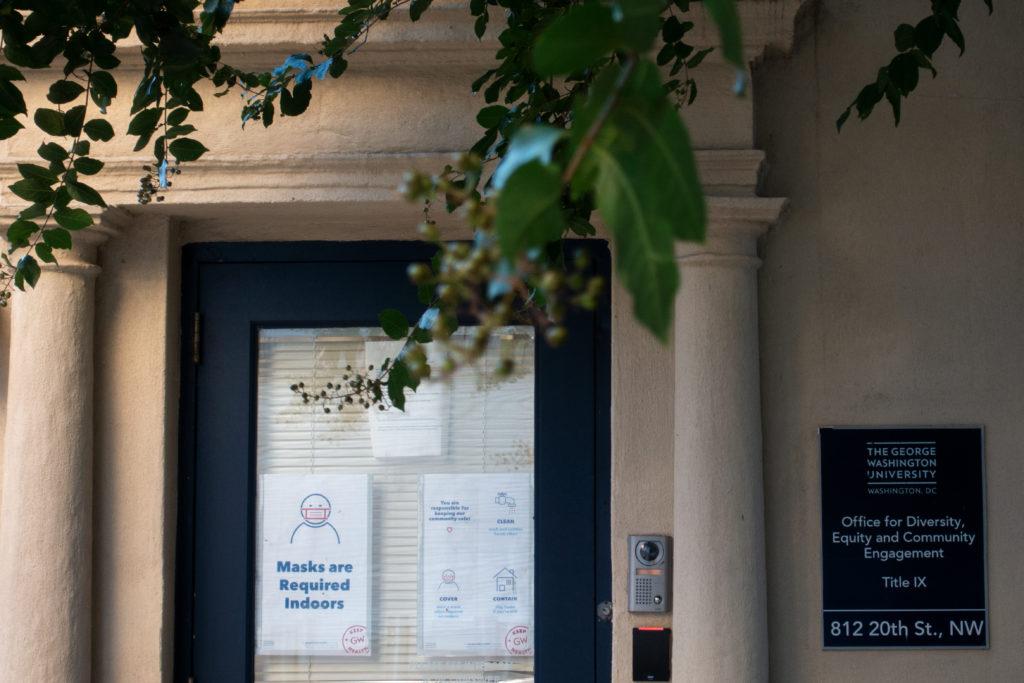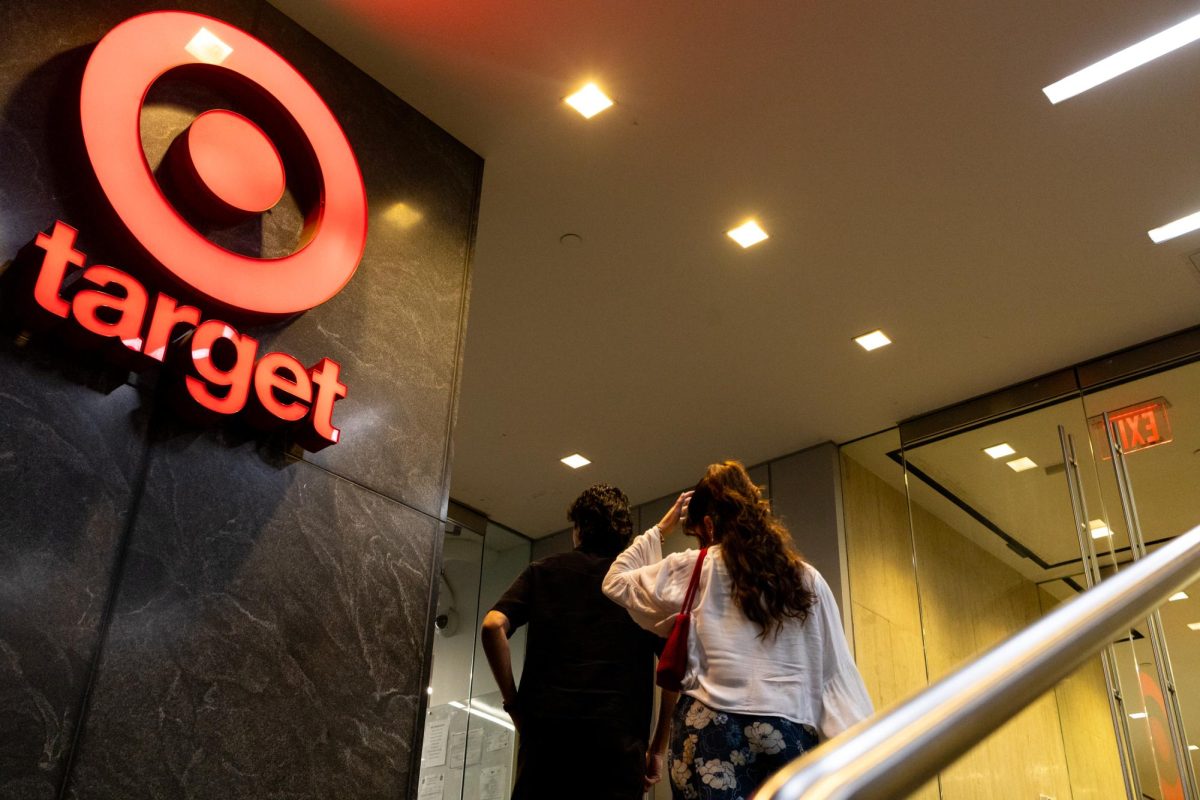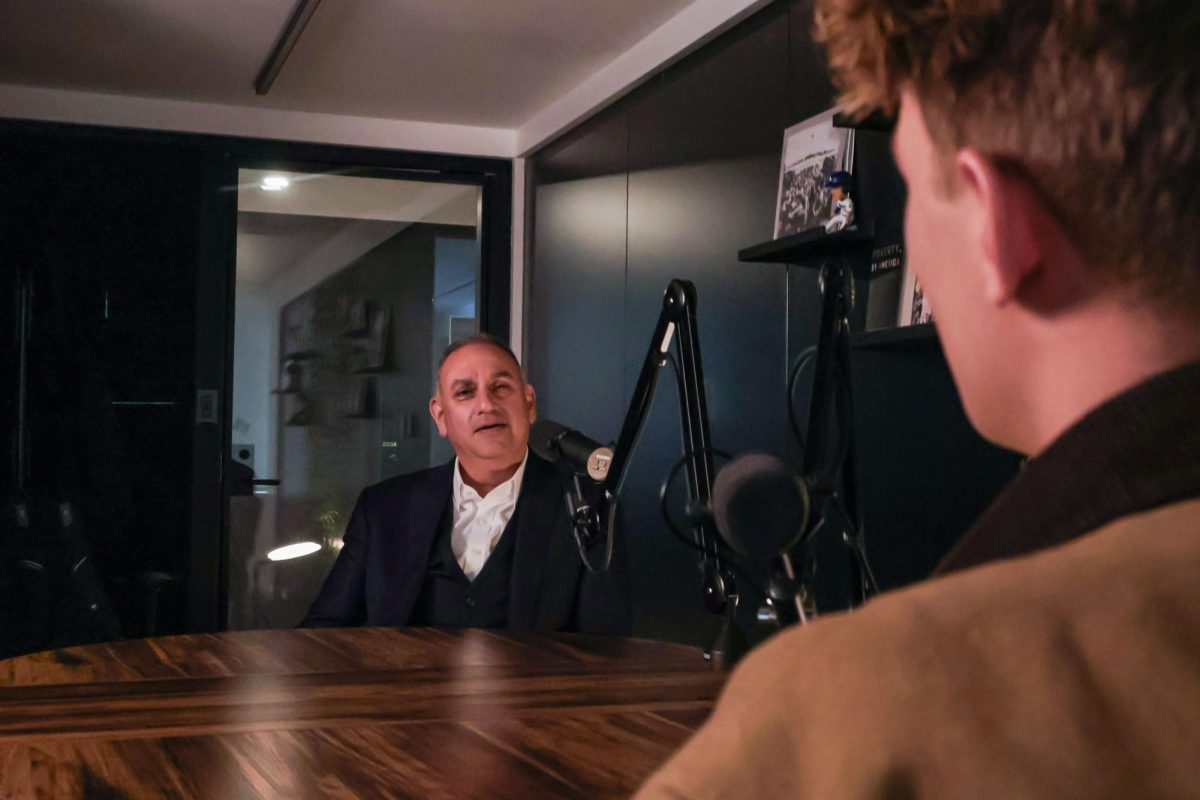Updated: Oct. 7, 2021 at 11:45 a.m.
GW’s Title IX and diversity, equity and community engagement offices issued a statement Monday, responding to concerns students have circulated on social media in recent weeks regarding the University’s handling of sexual assault cases involving campus barring notices.
Asha Reynolds, the Title IX director and coordinator, and Caroline Laguerre-Brown, the vice provost for diversity, equity and community engagement, said in the statement that officials are implementing new case management software and hiring more staff to address students’ concerns. Students have pressured officials to address their handling of alleged incidents of sexual assault on campus through social media posts claiming the University delayed outreach, breached students’ privacy and failed to bar alleged assaulters from campus.
Officials said they are “deeply saddened” to hear about students’ poor experiences with Title IX and wanted to respond to clarify potential confusion and misinformation tied to allegations, which could create an “unsafe” community on campus and make individuals more reluctant to report incidents. The statement outlines how the Title IX Office responds to reports of sexual assault or harassment and offers assistance to students after they file a report.
“We each come into this work with substantial education, training, and experience in higher education,” the statement reads. “For us, this work is deeply personal. We also acknowledge that our process must be rooted in prevailing federal Title IX regulations that may not always align with desired outcomes. Given the recent social media posts, we feel it is important to provide a response to the community in the hopes of offering clarity.”
Officials work to contact complainants between 24 to 48 hours after they file a report, and they offer academic assistance, housing assignment changes, mutual no-contact orders and other legal or community resources as part of support measures for students, according to the statement. The Title IX Office has received 56 reports since the start of July and contacted all complainants, according to the statement.
One female student who came forward with rape allegations against alumnus Ethan Somers last year said officials never questioned Somers about the accusations and could not bar him from campus, according to posts on Twitter and Facebook. The student said Title IX officials never responded to an email she sent them about her experience, and the GW Police Department failed to protect her without a barring notice.
She said Somers could attend Commencement on the National Mall this weekend as a recent graduate.
“I am extremely frustrated that no one is able to help me and plenty of other students feel safe,” she said in a Facebook post earlier this month. “I am uncomfortable and scared by the fact that my rapist can retaliate at any given time while I am here.”
The female student also said she received an email directed to another student attempting to bar her abuser from campus, but the GW Police Department declined because he already graduated, even though he had received a suspension from the University after the Title IX Office found he was guilty. She said the other student saw her abuser walking on campus earlier this fall.
Officials said in the release that the Title IX office was not involved in the privacy breach, and staff have received privacy training.
“The Title IX Office is a private resource and information related to reports is handled discreetly and shared with a limited circle of University employees in order to assist in the assessment, investigation, resolution of the report and related issues,” the statement reads.
Several other people came forward last fall alleging Somers sexually assaulted them or abused them in some way.
Officials said in the statement that the Title IX Office provides complainants with information about internal and external reporting options, including GWPD and the Metropolitan Police Department. GWPD has the exclusive power to issue a barring notice to a student, which would prohibit an individual from property that the University owns, controls or leases, according to the statement.
Officials said GWPD considers several criteria when determining whether to issue a barring notice – whether a student has been suspended or expelled from the University, whether officers either have communicated with the subject about the notice and consequences of violation or if they possess police reports or court documents indicating a threat to the community. Individuals found in violation of a barring notice may be subject to arrest, according to the statement.
“Following a period of suspension, and compliance with all other requirements of a conduct outcome, these barring notices are typically lifted,” the statement reads. “GWPD stands ready to review that decision if new information or new conduct warrants additional review and consideration.”
An Instagram account called “gwprotectsrapists” posted a response to officials’ statement Tuesday, stating that while they appreciate the statement, it fell short of addressing their fundamental concerns. The response states officials ignored their demands to direct more funding to the Office of Advocacy and Support – the only office that is “not bound by the school’s agenda” and willing to advocate for students.
The post urges officials to reveal data on their response to Title IX reports filed before the start of July and states that while the University’s statement claims to provide supportive measures in 90 percent of cases, multiple students still have not heard back from officials to receive this support. Students have reported losing communication with Title IX officials “without an explanation,” the post reads.
The post states that GW’s criteria for issuing barring notices is too minimal and part of a “vague” policy that has protected abusers more than survivors, citing an incident when a GWPD officer revoked a promise to one of the account’s organizers to issue a student a bar notice.
“They changed their word on the bar and consequently put her in danger once again after getting her hopes up for safety,” the post states. “This kind of communication is unacceptable and must change.”
This post has been updated to correct the following:
The Hatchet incorrectly reported that the female student who who came forward with rape allegations against alumnus Ethan Somers last year saw Somers walking on campus this fall. The female student did not say that she saw Somers on campus. She posted that she knew of another student who recently saw their abuser on campus. We regret this error.








